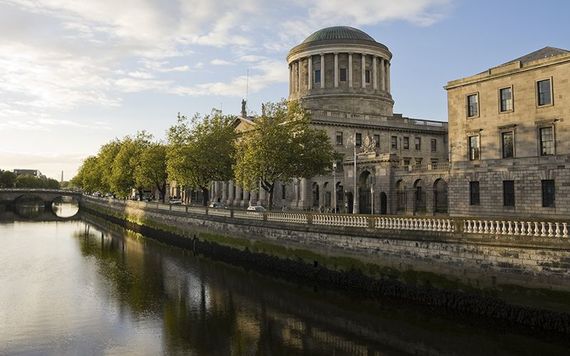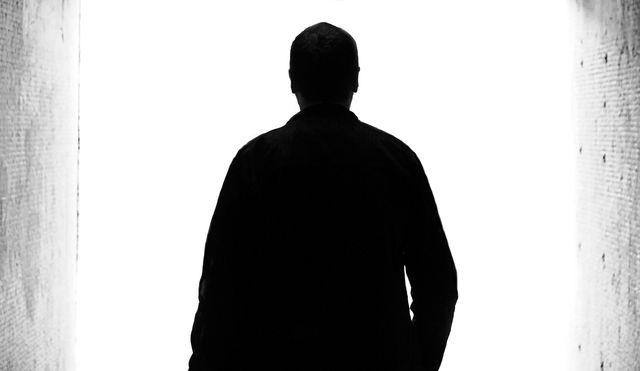An elderly man has remained unidentified in an Irish psychiatric hospital for more than 30 years, the High Court has heard.
Doctors and psychiatrists have been unable to identify the man, who has taken to a psychiatric hospital by gardaí (Irish police) in the mid-1980s.
The Irish Times reports that the man had been sleeping in a bus shelter with a dog prior to his hospitalization more than three decades ago.
The man was also reported to be living a "hermit's life" and has a history of dementia and schizophrenia.
He remains a "John Doe", but the staff at the psychiatric hospital have redoubled their efforts to establish an identity in recent years following advances in genealogy technology. They estimate that the man was born in the 1930s.
Read more: Dublin nursing home reports 21 COVID-19 deaths in three weeks
He suffers from cardiac and respiratory conditions and his condition is believed to be deteriorating.

Dublin's Four Courts.
In light of his condition, his case was presented to High Court President Mr. Justice Peter Kelly on Monday to assess whether he needs a wardship.
The main purpose of wardship is to protect a person's property, welfare, and best interests where necessary. Some adults may require the court's protection because of mental incapacity.
A court-ordered medical doctor will now assess the man's mental capacity.
The judge appointed a guardian to represent the psychiatric patient's interests during the wardship proceedings.
The man's medical team believes that he should not be resuscitated if it is required to keep him alive and believes that he should be made comfortable where he is now, rather than being admitted to hospital.
However, doctors believe that any decision not to resuscitate should have a legal basis and the issue will be decided in a few weeks when the court-ordered doctor makes a report to the court.
Read more: COVID-19: Two Irish healthcare workers and nine psychiatric patients die




Comments